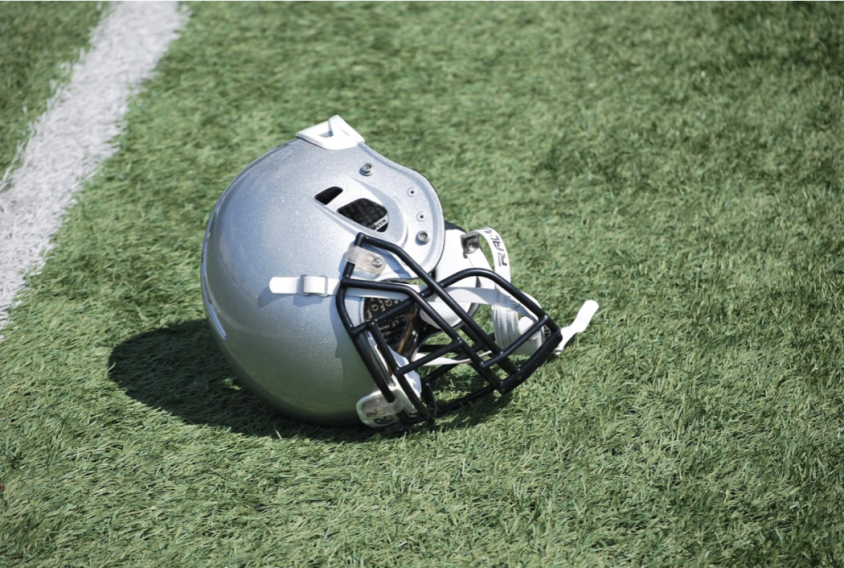
Traumatic brain injury, or TBI, is a severe health issue that affects millions globally. The Centers for Disease Control and Prevention estimates that TBI contributes to the deaths of over 50,000 Americans each year and is a major cause of disability in the United States.
In recent years, research has connected moderate and severe TBI to a higher risk of cognitive decline or dementia. One research that indicated a higher risk discovered that seniors with a history of moderate TBI had a 2.3-fold higher chance of getting Alzheimer's than seniors without a head injury history. A risk higher by 4.5x existed for those with a history of severe TBI.
TBI in sports
Previous studies have demonstrated that boxers are more likely to experience particular brain alterations linked to chronic traumatic encephalopathy, or CTE, and may also experience impairments in cognition. The risk seems most closely tied to the number of rounds boxed, not the number of times a boxer got knocked out, suggesting that even repeated mild traumatic brain injuries that don't cause unconsciousness may increase these dangers.
In the National Football League, a harrowing study that tested the brains of deceased professional football players concluded that 99% of them had CTE. Bo Jackson, a former NFL All-Pro and winner of the Heisman Trophy admitted in a 2017 interview with USA Today that he would not have played football if he had known the dangers of CTE, and he now warns his kids against doing the same.
CTE is associated with repeated traumatic brain damage, which studies have proven to be an everyday occurrence in contact sports like boxing and American football. It is as if athletes in contact sports are signing away their quality of life during and after their careers. With these findings, players and their families have called league officials to increase the safety of players and even have them compensate for the damage done to some professional athletes.
TBI-caused conditions like Alzheimer's, dementia, and diseases of similar severity are life-altering. For most families, these do not equate to any amount of money earned by professional athletes.
Athletes take matters into their own hands
On the hopeful end, a study published in the National Library of Medicine concluded that nutritional supplementation and vitamins have emerged as promising therapeutic options for TBI. Brain health supplements can help prevent permanent damage in the brain and reverse the effects of TBI and CTE.
This is primarily why former NFL players Scott Solomon and Andrew Sendejo founded BrainTree Nutrition. They realized that better supplements were required to promote brain health and mitigate the effects of brain damage as they personally gained significant, cumulative experience with dietary supplements. They understand the potential benefits and realize the necessity of using the highest quality ingredients, leading them to share their expertise to help others.
When asked about their motivation for BrainTree Nutrition, Sendejo said, "We wanted to make a product that was transparent, safe, and effective for ourselves and other contact athletes. "
Established by founders who actually had their foot on the ground makes BrainTree Nutrition a more reliable option than its competitors. They understand that protecting the brain can also be done outside the ring or the field, which entails having safe and effective supplements. In addition, the founders support further research on preventing these brain diseases.
"It was important to us to do our part for degenerative brain diseases, which is why we donate a portion of proceeds for every bottle sold we donate to Alzheimer's research," Sendejo shares when asked about the lack of cure for these conditions.
Changing the landscape as early as now
Both American football and boxing have existed professionally for decades, if not a century, but the studies mentioned above were conducted only in the last 10 years. Players, officiators, and fans all agree that league officials must make a fundamental change to increase the protection of athletes, which seems inexistent, given the statistics. Changing a system that has existed for that long will take at least several years to implement fully.
In the meantime, the best thing athletes can do is protect themselves beyond their playing grounds. After all, they say that being an athlete is a 24/7 thing, and what the athletes do outside of the game makes the difference.
